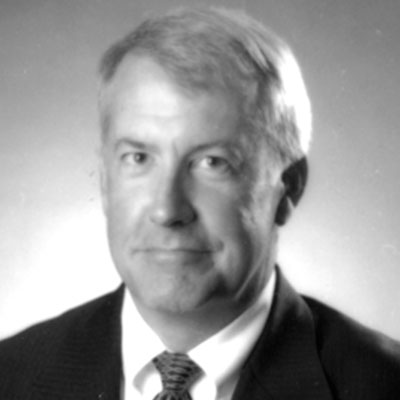Y2K Advice From Kirkland & Ellis
In preparing for the year 2000 computer problem, "You probably think you've done all you can do," William A. Streff Jr. told clients at a recent seminar. But in the hustle to upgrade software and repair computer code, clients should remember to prepare for Y2K litigation, he emphasized.
"Year 2000 litigation may arise in a variety of circumstances from unforeseeable sources," said Streff, a partner in the intellectual property practice at Kirkland & Ellis and chair of the firm's technology committee.
Streff and Leslie M. Smith, a Kirkland litigation partner, outlined the risks of Y2K litigation - and how to void them - in Kirkland's Sixth Annual Computer Technology and the Practice of Law seminar.
Streff said that at least 39 Y2K lawsuits had been filed as of April 21; 30 of those suits are class actions.
"Most [suits] have been filed against software vendors," Streff said. The suits allege that vendors have attempted to extract additional profit from consumers instead of offering a free patch to their software, Streff said.
Streff and Smith provided a list of causes of action that could arise out of the Y2K problem, including violation of state consumer/business laws; breaches of contract, implied and express warranties and implied covenants of good faith and fair dealing; false and misleading advertising; negligence; and deceptive trade practices.
Smith offered a checklist of steps to take before claims are filed:
- Establish the foundation for a generic defense to prove that the client acted properly in trying to fix the computer problem. Answer fact questions about the fix, such as who, what, when, where, how and why.
- Document the client's Y2K project history, with a detailed timeline and audit of the client's status on the fix.
- Identify and work with factual witnesses such as computer consultants so that if litigation arises, a relationship will be in place.
- Locate key documents involved in the fix - both good and bad - and work to explain the troubling ones.
- Find and retain testifying and consulting experts for future litigation. Doing this in advance is important "so the good ones won't be taken when you need somebody," Smith said.
Smith said to follow the business judgment rule to minimize officer and director liability for Y2K problems:
"You're looking to be able to establish that reasonably informed decisions were made by disinterested board members," she said.
Tips included making sure the board of directors closely supervised the company's Y2K remediation plan and that the plan was adequately funded and staffed by high-level technology people. Board members should follow the Y2K fix closely enough to know which projects are top priorities and when to reevaluate those priorities to keep the remediation plan on schedule.
"Being informed is critical," Smith said.
Document management is also crucial in preparing for Y2K litigation, Streff said.
"You don't want to create bad documents," he said. Streff said to review document retention policies and counsel employees regarding those policies. Employees need to know how to preserve attorney-client and work product privileges and how to avoid spoliation of evidence, he said.
"If you put it in writing, [it's important to realize] that it could appear in court," he said. Streff referred to the use of e-mail messages as evidence against Microsoft in an antitrust suit as a warning. He encouraged the audience to hold face-to-face meetings whenever possible instead of circulating documents.
However, Streff said, it is important to document contingency plans for handling Y2K problems and to continue SEC disclosure on the progress of the Y2K remediation plan.
"Almost everyone here has probably memorized some of the pronouncements made by the SEC" on Y2K disclosure, he said. But companies should keep disclosing as the status of their Y2K remediation plan evolves so their filings are current.
Streff closed the presentation with another warning. "Consider notice issues for unavoidable [Y2K] failures," he said. For example, "Think about the possibility of not being able to dial 911. Do you tell people. . .and risk panic?" By deciding how to respond in advance, companies won't waste time figuring out [what] to do when failures occur.
Streff and Smith's discussion was one of seven presentations in the seminar. Streff also participated in presentations on the new Digital Millennium Copyright Act, with associate Tim J. Schmuckal; technology trends at Kirkland and in the legal profession, with Kirkland's chief information officer, William P. Scarbrough; and the negative effects of technology.
Reproduced with permission from Chicago Lawyer

